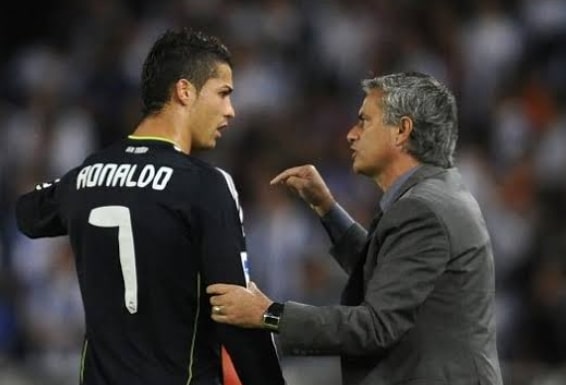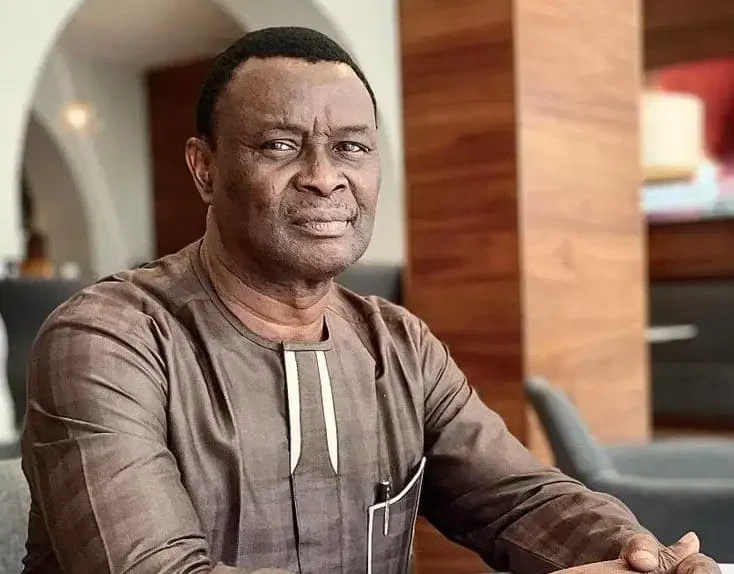Just now
By Kennedy Gondwe, BBC News, Lusaka
Forty-eight boys in Zambia have been rescued from a male circumcision camp, after desperate complaints by some parents that their children had been abducted.
One of the boys was on HIV medication and had not taken his anti-retroviral (ARV) drugs for two weeks, officials confirmed to the BBC.
Secretive traditional rite-of-passage ceremonies see boys aged between 10 and 17 spending up to six months in seclusion in the bush.
The authorities said the site, on the outskirts of Livingstone town near a national wildlife park, had been set up without permission - alleging the children were “caged” in unsanitary and dangerous conditions.
Three of the rescued boys were briefly admitted to hospital – some for treatment from complications after undergoing circumcision typically done using razor blades.
According to the Zambia National Broadcasting Corporation (ZNBC), one of the boys was suffering from bilharzia, a chronic illness spread through contaminated water that impairs growth and brain development in children.
The initiation site, which was established a fortnight ago, has since been burnt down, the country’s national broadcaster says.
Those setting up such camps search for uncircumcised boys to undergo the ritual, known as “mukanda” - often going to schools and forcing their way into classrooms to pick up those they deem the right age.
Their parents are not consulted and teachers can do little to resist their bullying tactics. Some of the boys go along willingly but many are coerced and told they cannot buck the tradition.
The person who set up this camp was reprimanded on Monday by Mainga Kabika, the top civil servant in the gender ministry.
She led a team of officials from various ministries to Livingstone, a tourist hub for those visiting the nearby Victoria Falls, to investigate the parents’ complaints.
“We want to preserve our tradition but you have to follow regulations. You just don’t do things against the law like this,” Ms Kabika said.
According to Zambia’s Daily Mail newspaper, some of the boys had been physically abused by those in charge at the site after they had tried to escape at night – including the boy in need of ARVs.
Parents had reportedly been contacted by phone with demands of up $75 (£58) for expenses, despite not giving permission for their child’s participation.
Although surgical male circumcision is available at both public and private hospitals in Zambia - often encouraged as a way of reducing HIV infection - certain ethnic groups prefer the traditional approach.
The procedure tends to take place in the Southern Hemisphere winter to minimise the discomfort associated with the healing process – though the rite of passage is intended to be a test of endurance.
The boys are expected to put up with pain and difficult living conditions – for example they sleep on the bare ground with no blankets - to prove their move from boyhood to manhood.
The initiation is steeped in secrecy - it is a cultural taboo to talk about it and women are not allowed to go near a circumcision site.
“How do you keep these children without their parents’ consent, is that what the tradition says?” Ms Kabika is quoted as saying.
Billy Milimo, secretary of the Livingstone District Education Board, welcomed the move, saying the tradition was harmful to the community.
“You do not know how excited we are. Our teachers will jubilate and dance,” he is quoted by the Daily Mail as saying.
The owner of the camp was initially arrested but released on condition he burn down the site of the camp - mainly made up of rough wooden shelters - which not only bordered the Mosi-Oa-Tunya National Park but was also next to a cemetery.

 4 months ago
12
4 months ago
12















 English (US) ·
English (US) ·